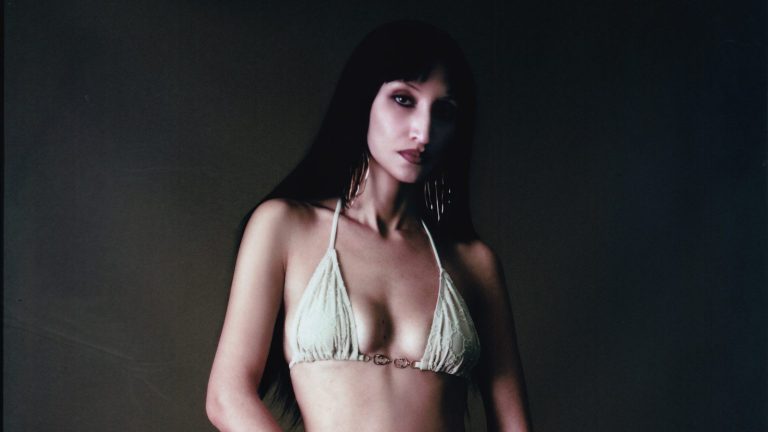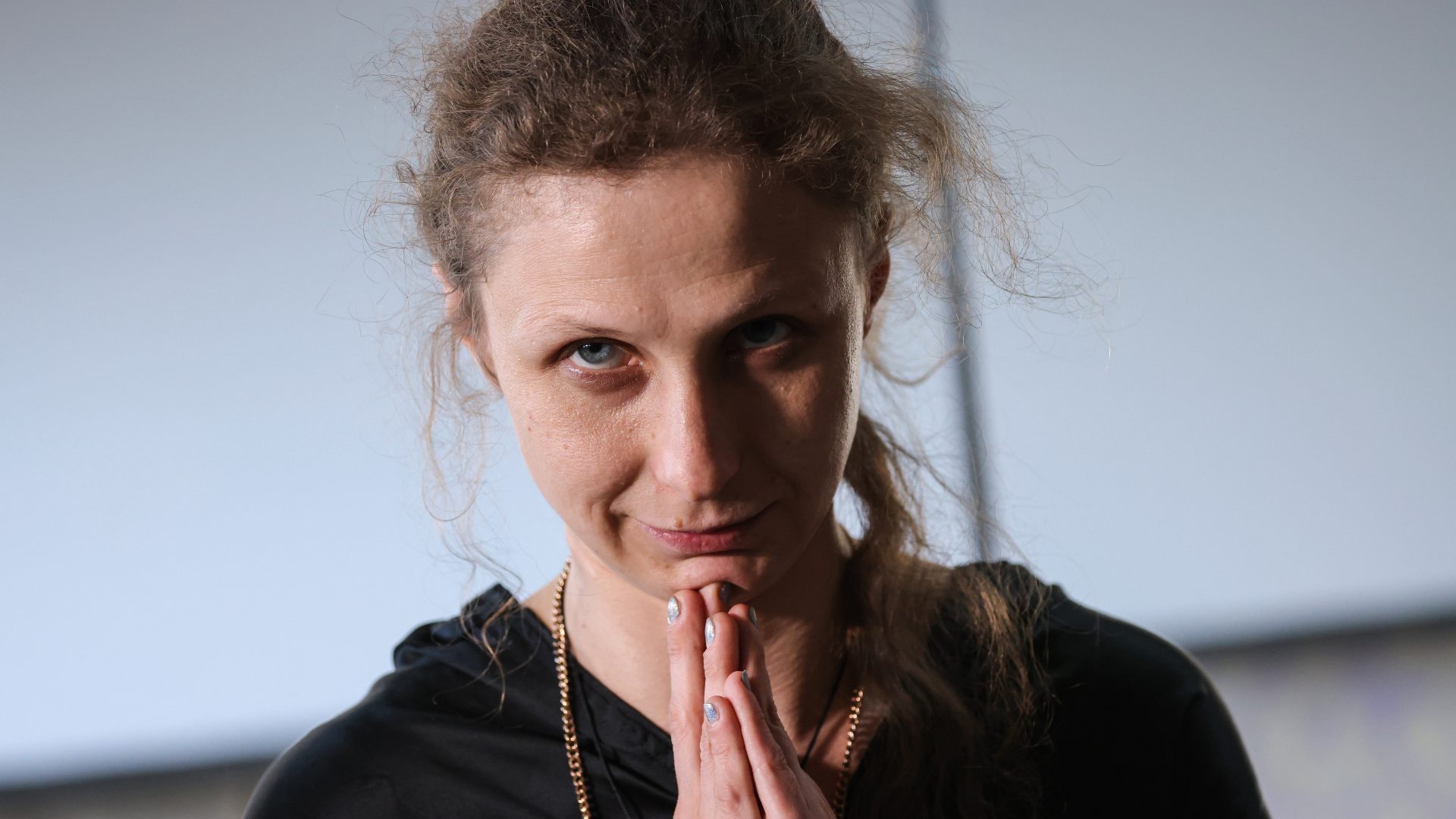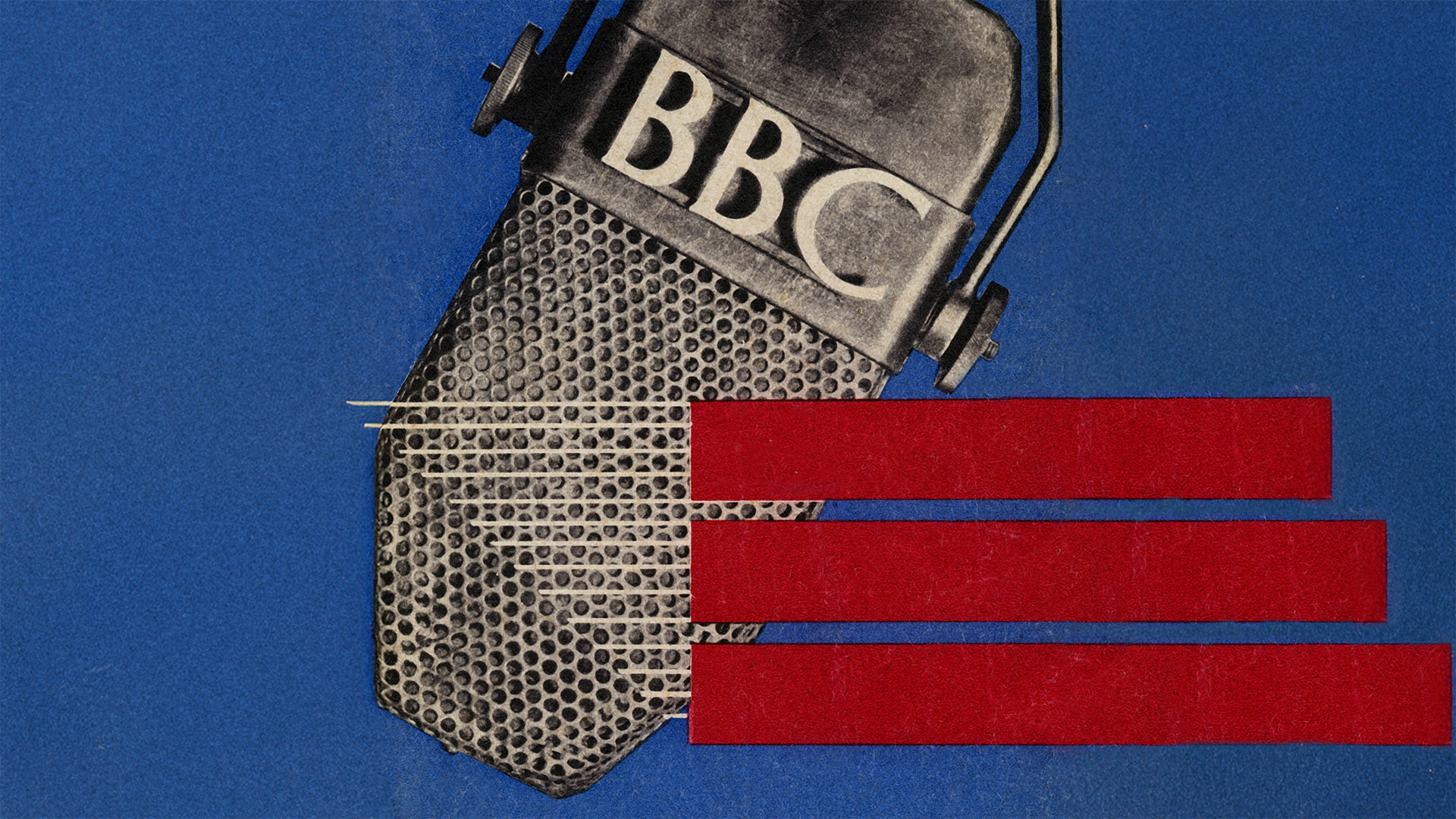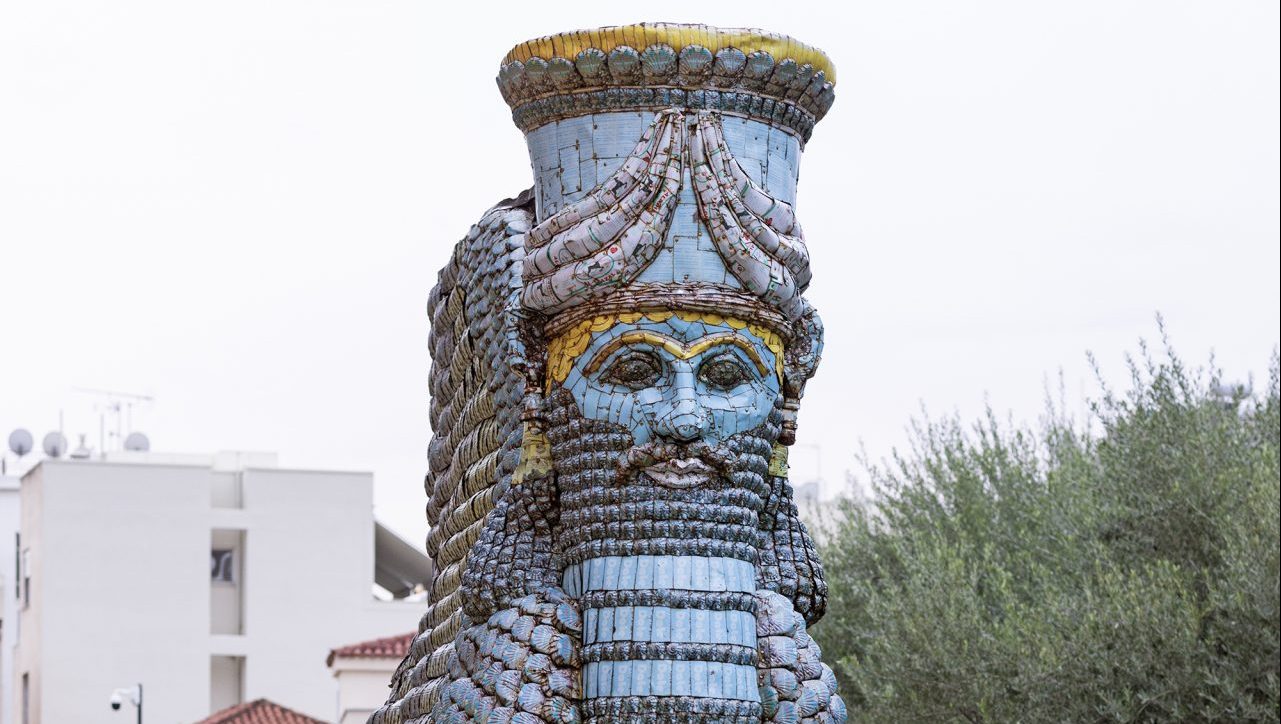Vitaly Milonov seemed a mild-mannered man. Sandy-haired, with a strawberry-blond beard, he had the aura of an art history lecturer as he showed me the icons hanging in his local church. When we stepped outside into the sunshine in the autumn of 2012, I asked him what he thought about the recent jailing of two activists from the art collective, Pussy Riot.
Earlier that year, wearing brightly coloured balaclavas, they had sung a punk prayer in Moscow’s Cathedral of Christ the Saviour, begging the Virgin Mary to get rid of Vladimir Putin. Milonov said he was delighted they were being punished and warned they would not be safe once they got out of prison. “They’re not accepted as human by most of society; they are mad Valkyries,” he assured me with a smirk.
When we first met, Milonov was a United Russia deputy from St Petersburg, known for promoting conservative values and for campaigning against LGBT+ rights. His views were far from unusual. But I was taken aback by how extraordinarily vindictive many Russian Christians were towards Maria Alyokhina and Nadya Tolokonnikova.
The head of the Orthodox Church, Patriarch Kirill, had no intention of turning the other cheek. He wanted the women investigated for extremism and demanded the maximum prison sentence for hooliganism and aggravated blasphemy.
The young women, both mothers of small children, got two years behind bars for their 40-second performance in the cathedral. Of course, they had not chosen the venue by chance. Their action in February 2012 came in the run-up to presidential elections, days after Kirill described Putin’s leadership as “a miracle from God.”
The lyrics of their song attacked the church’s slavish loyalty to the Kremlin. Addressing the Patriarch from pre-trial detention, the women denied their aim was to insult believers. They argued that the actual defilement of a sacred shrine came from Putin’s oppressive regime, which used the church’s authority to suppress dissent.
“We expressed our grief – shared with millions of Christians – that you had allowed the religion to become a weapon in a dirty political campaign”, they wrote. “And that you had urged the faithful to vote for a person whose actions are so far removed from God’s truth.”
Raised as an Orthodox Christian, Alyokhina’s caustic wit stands alongside her steadfast faith – a striking contrast to the man she describes as “Pussy Riot’s first enemy – a bearded KGB agent in a cassock. She described smuggling an electric guitar into the cathedral and what happened next in Riot Days – her account of Pussy Riot’s now world-famous performance, trial and incarceration.
Her new book, Political Girl, covers the period from her release from a penal colony in the Urals to the Ukraine war and 12 years later her eventual escape from Russia. It reads like a mash-up of a jail diary, a news bulletin and a Kafkaesque novel. It is also a useful history of some of the most dystopian moments in the Putin era over the past quarter-century.
Consider the chilling intercept of a phone call between officials who deliberately ignited the war in eastern Ukraine – figures she refers to as “curators of the Donbass.” Or the words of the head of the self-proclaimed Donetsk People’s Republic after a Malaysian airliner with 298 people aboard was shot down: “If it really is a passenger plane, it wasn’t us who did it.”
Brilliantly translated by Emily Eccles, the book also comes across as a hands-on insider’s guide to grassroots activism. Alyokhina reveals the remarkable effort and determination she and others put into pulling off their stunts.
To attract attention to the jailing of the Ukrainian film-maker Oleg Sentsov, they had to climb on to a bridge opposite his prison colony, unfurl a huge banner and let off plumes of coloured smoke. But it was not easy to get to the place where Sentsov was serving a 20-year sentence for opposing the annexation of Crimea. It involved two Siberian flights and some hellishly long car drives.
When they arrived in Yakutsk, the shops were closed, and the summer air was thick with mosquitoes. Undeterred, they somehow found a long piece of beige linen, pink spray cans from a car repair shop and covered themselves in vanilla powder to repel the buzzing insects.
Suggested Reading


An Iranian exile’s rebellion in sound
Soon after they were released in December 2013, Alyokhina and Tolokonnikova set up a prisoners’ rights group, Zona Prava, to monitor and report on human rights abuses inside the penal system. Although Russia’s justice ministry labelled the NGO an “undesirable foreign agent” in 2021, at first the women hoped it might spark change.
But when Alyokhina tried to raise awareness of “slave-like conditions of employment” in her penal colony and the pitiful wages paid to inmates, she mostly hit a brick wall. The celebrity interviewer, Ksenia Sobchak, rumoured to be Putin’s goddaughter, was not really interested. Instead, she wondered whether Nadya might be Russia’s answer to Beyoncé, asked how much “the Pussy Riot brand” was worth and seemed obsessed by the shape of Masha’s eyebrows.
At times, this lack of common ground between the characters evokes the dialogue of the deaf in a Pinter play. Alyokhina asks a taxi driver what he thinks about Crimea, and he replies that he usually holidays in Turkey. When she explains she means the annexation, he shrugs: “Who the hell knows?”
Her portraits are deftly drawn, from the judge who is ashamed to look up from her desk to the cellmate hooked on bad music and “spice” to crass riot police with pointy boots and inept plainclothes cops.
Vlad, the inspector and her unwanted chaperone, is blunt. He tells her that the bracelet she is forced to wear under house arrest was taken from the ankle of a corpse. At the same time, he is desperate to be liked. It feels as if he is getting a political education as the story unfolds.
He tells Alyokhina that an inebriated probation officer who lost documents containing personal data in the Moscow metro “disgraced” his profession. She retorts: “The people who torture prisoners to death in penal colonies are disgracing you. This guy just got drunk.”
The last time they meet at her kitchen table, he doesn’t talk but scribbles a message instead. He knows the flat is bugged and later she realises this is “a gesture of solidarity – he’s showing me that I’m not alone” since both are “sitting under surveillance.” He writes: “I am now – a discredited employee. I won’t be your inspector any more.”
After the full-scale war against Ukraine, the mood in society seems even more oppressive than the atmosphere in prison. The authorities have effectively crushed the old liberal opposition – through exile, imprisonment, and violence – leaving it atomised and virtually powerless. Endless and increasingly absurd cycles of detentions and arrests exhaust not only those in the dock but also the police and prison guards.
Despite the high stakes, Alyokhina and her friends continue to resist. Sometimes with small gestures, such as going on an unsanctioned walk or buying a rainbow-coloured ice cream. One Russian Duma deputy feared that the multicoloured lolly might suggest to children that LGBT+ lifestyles are acceptable and that it should therefore be banned.
For all the flashes of humour, this is a deeply sobering account of what it takes to raise your head over the parapet in Putin’s Russia. You are also left with a sadness that many of the country’s brightest and best have been forced abroad.
In 2017, a century after Lenin expelled Russia’s leading philosophers in case their ideas might contaminate the new Soviet state, I asked Nadya Tolokonnikova, co-founder of Pussy Riot, if she wanted to leave. She may have spent 16 hours a day in prison stitching police uniforms, but she was adamant that Russia was still her home.
Asked what she loved about it, she replied: “It’s like asking, ‘What do you love about your mother?’ It is just my mother, and I cannot imagine myself without it.” Yet now both she and Alyokhina have become citizens of Iceland.
Recently interviewed in London, Alyokhina described Putin as a nobody – a grey KGB man who got rid of the brightest and best people in the country, such as the politicians Alexei Navalny and Boris Nemtsov out of sheer envy. Russia, she said, has turned into a country in which “anyone can be killed any moment”. The women are unlikely to return home anytime soon.
Political Girl: Life and Fate in Russia by Maria Alyokhina translated by Emily Eccles is published by Allen Lane.
Lucy Ash is the author of The Baton and The Cross: Russia’s Church From Pagans to Putin now published in paperback by Icon Books




